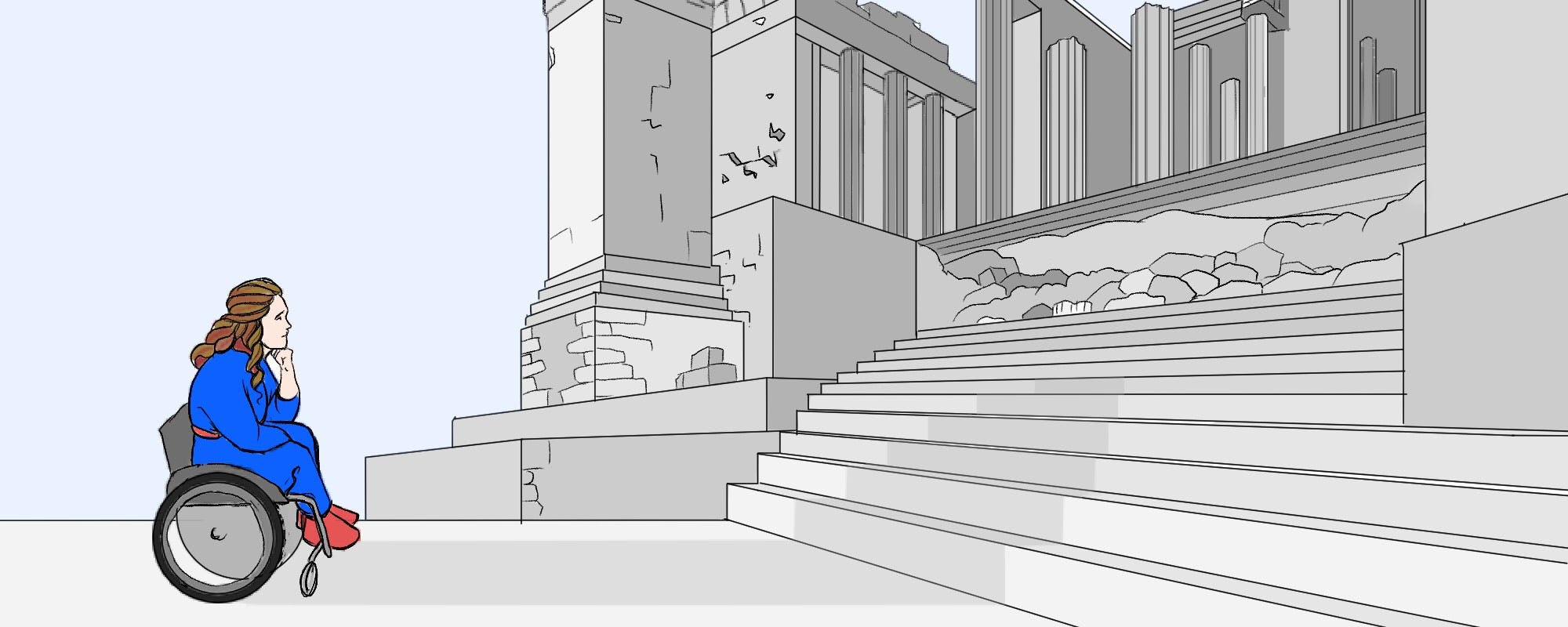Reflecting on the Semester
This course has given me a lot of useful knowledge that I plan to use in my future classes at RIC and my future art classroom. I have learned more about the struggles that people face in school or in their lives that I may not have experienced.
One reading that really stuck with me is "Troublemakers" by Shalaby. This reading focused on students who are considered or classified as "troublemakers" by others. Teachers should be aware that children aren't born bad; they have bad experiences, which can cause them to act out or misbehave in the classroom. If teachers look deeper and try to figure out what causes students to act out, then they can work to make all of their students successful in their class. A quote that I really enjoyed reading focused on a canary in a coal mine. Shalaby writes, "...we are in the habit of incarcerating the people from whom we could learn the most about freedom, we cage the birds singing most loudly." People that we can learn from, we tend to ignore and just punish them, but if we take a second to listen to them, we could help them, or we could help ourselves to learn more about others.

Another reading that will stick with me is "Aria" by Richard Rodriguez because it focuses on the author's experiences of learning English in the U.S. school system, with Spanish being his first language and the language spoken at home. Rodriguez struggled in school because his English wasn't that strong, which led to him being enrolled in extra English help classes. Even with the extra help, his teachers felt like he needed further assistance, so they visited his home and spoke with his parents. After this conversation, the teachers told the parents to no longer speak Spanish at home. This caused Richard to not feel sure of himself at school and at home because he couldn't be who he wanted to be anywhere. As a future teacher, I would want my students to feel comfortable with being who they are and expressing their culture. I would want my students to feel comfortable with speaking their native languages, and I should meet them halfway and translating assignments and learn vocabulary that I would use in the class.
A video that will stick with me is "Precious Knowledge" because it focuses on the values of ethnic studies. The school in this video originally had no ethnic studies courses, but they eventually added them because they thought it would be valuable for their students to learn about their culture and history. But the superintendent found the ethnic studies inappropriate because he didn't understand their value. By being ignorant of the struggles and cultures of other people, we prevent people from being successful in school and in their lives. I would want my students to express their cultures in my class because the other students would learn more about each other and other people who aren't similar to them.


